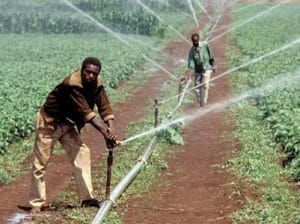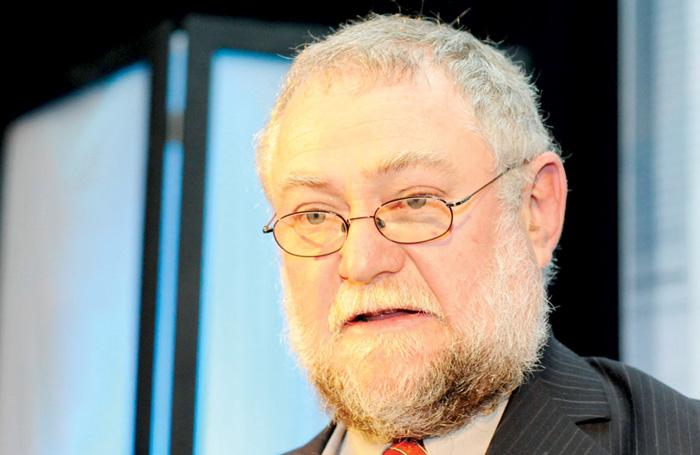
Two modest loans can become the trailblazer for a torrent of investment capital

There is a significant debate in international investment circles regarding the capital that Africa needs for its development over the next fifty years.
By now most informed people should be aware of the mind-boggling figures thrown around for infrastructure project. These estimates run into the hundred of billions of hard currency for an indefinite period, or some US$100 billion per annum for at least the next ten years.
The investment debate concerns how much of that cash can be raised in Africa.
That is a very good question because nobody knows. The estimated infrastructure capital requirements are mostly based on not-too-unsophisticated over-the-thumb extrapolations of a few isolated large projects. These are then multiplied by so many square kilometres and so many Africans, and voila, a quick answer: We need at least US$100 billion per year!
I am not knocking the methodology or the analyses on which these projections are based, I am merely pointing out that they are only estimates and they are based on very few projects that are already in place. Realistically, there is probably nobody in the world who really knows how much money must come to Africa for its next half-century development journey.
What the exact amount will be eventually, is rather irrelevant. I think the current debate only serves to show everybody in development planning, that the capital requirements are huge, or better, astronomical, in the literal meaning of that word.
It is fairly obvious that a horde of so-called foreign investors are over-eager to put their money in infrastructure projects. It is fairly safe to say that there is more investment capital available in the world than what we need for the next ten years. There is only one snag, and the operative word is “investment.” This means that the free lunches for African countries in the seventies and eighties, are over.
Investment implies return on capital, and ultimately, that is the crucial consideration that will determine how much unAfrican capital flows to African projects. If investors are scared by politics, they don’t come.
If they are scared by corruption, they stay away. If government’s want to nationalise their assets, they liquidate and leave. And in extreme cases, if countries interfere with their markets, we get civil wars. It is that simple.
But an event earlier this week alerted me to the fact that there is also a very significant amount of African capital available from sources within Africa.
I know that NEPAD has a whole department looking at money leaving the continent illegally, but that does not concern me. I am thinking of local capital that wants to remain local and that wants to work local.
This is why I was fairly enamoured when I learned the African Development Bank has pledged around N$2 billion for investment in Namibia in two specific sectors over a 60-month period. This bank does not get its wholesale funds as gifts or grants, gratis, it has to source its funding, and it has to have amortisation mechanisms in place. We are regularly bombarded with press releases on how the AfDB raises capital, how it manages that capital, and how it identifies projects that will generate the return both they and the offshore investors want.
To me it is not important exactly what the origin of this capital is. It may be European, it may be Oriental, or it may be a mix of a range of investors. It may even be a mix of investors based in the so-called BRICS countries.
The important consideration is that this investment capital is channelled through a continental institution, and that loans are made available in local currency, in whatever jurisdiction the client operates.
I do not think the lofty projections for our capital requirements are nonsense, on the contrary, it is important that intelligent analysts come up with this type of projections, regardless of how close to reality they will turn out to be. They serve at least as a type of benchmark to determine a value for what we think, we shall need for a demarcated period.
Ten years from now, I believe, we will find the conservative current estimates somewhat amusing despite the figures we have now being so overwhelmingly “astronomical.”
I also believe foreign capital will not relinquish its quest to find a home in Africa for one very simple reason. Our development curve has so much potential and future growth, there is no other place in the world where sound capital investments can generate the same returns over the next fifty years.
What we need to ensure is that local capital also finds a home in local projects, and that African investors also have access to the same returns Western investors are pinning their hopes on.
The AfDB loans to Namibia may be fairly modest but if one considers where the money will be invested, the chances are very good that the returns will surprise us. This is the pattern that I expect, and this is what I hope will create the momentum for more and more capital to flow to Africa.
African capital can be a significant catalyst to mobilise more and more investment. And as that process grows, I think we will see an even greater participation of African capital in Africa’s development.













































